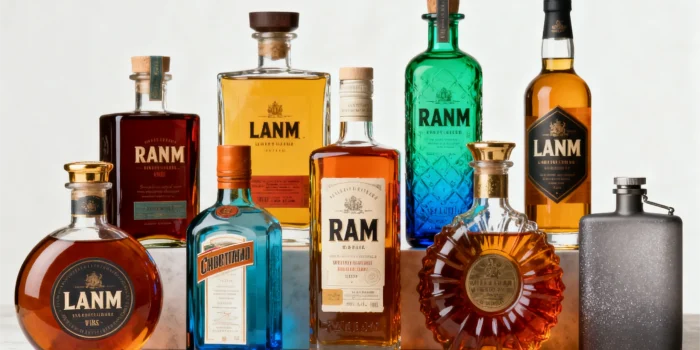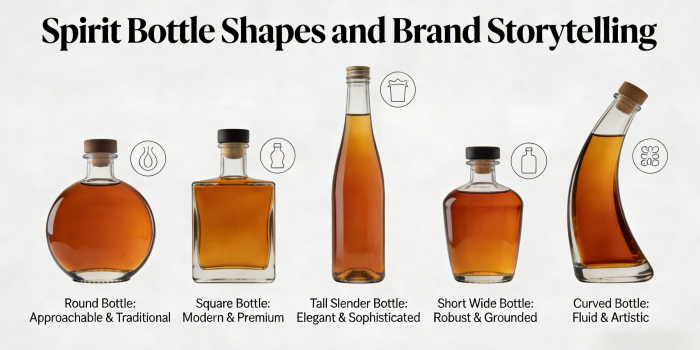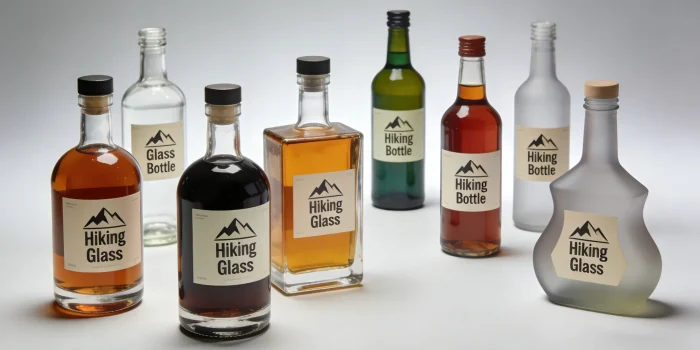Designing a Custom Liquor Bottles is one of…
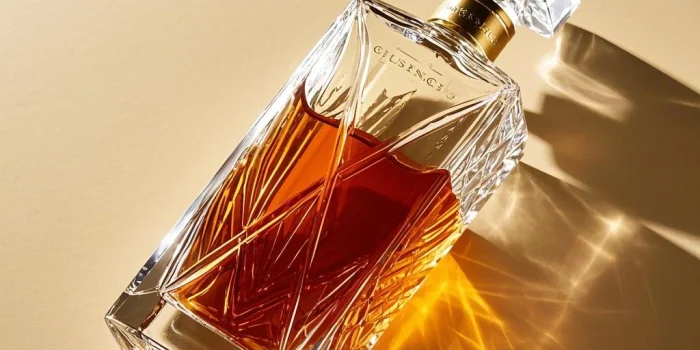
Wholesale Liquor Bottle Procurement: Best Strategies to Save Costs
When it comes to the liquor industry, procurement strategies play a critical role in determining the overall profitability of a business. Whether you’re a bar owner, a restaurant manager, or a retailer, purchasing liquor bottles in bulk can be a substantial investment. To help businesses maximize profits and minimize expenses, understanding how to effectively manage wholesale liquor bottle procurement is essential. This blog post will cover the best strategies to save costs when buying liquor bottles in bulk.
1. Understanding the Wholesale Liquor Bottle
Before diving into cost-saving strategies, it’s crucial to understand the dynamics of the Wholesale Liquor Bottle. Unlike purchasing from retail outlets, wholesale purchases involve buying large quantities of liquor at a reduced price per bottle. The price per unit in the wholesale market is often influenced by several factors, including:
- Brand and Type of Liquor: Premium brands and rare varieties will naturally cost more than standard options.
- Volume Discounts: Larger orders typically come with significant discounts, which can reduce the overall cost per bottle.
- Supplier Relationships: Negotiating with trusted suppliers can help you secure better pricing and favorable terms.
Understanding these key factors can provide you with the necessary foundation to navigate the wholesale liquor market efficiently.
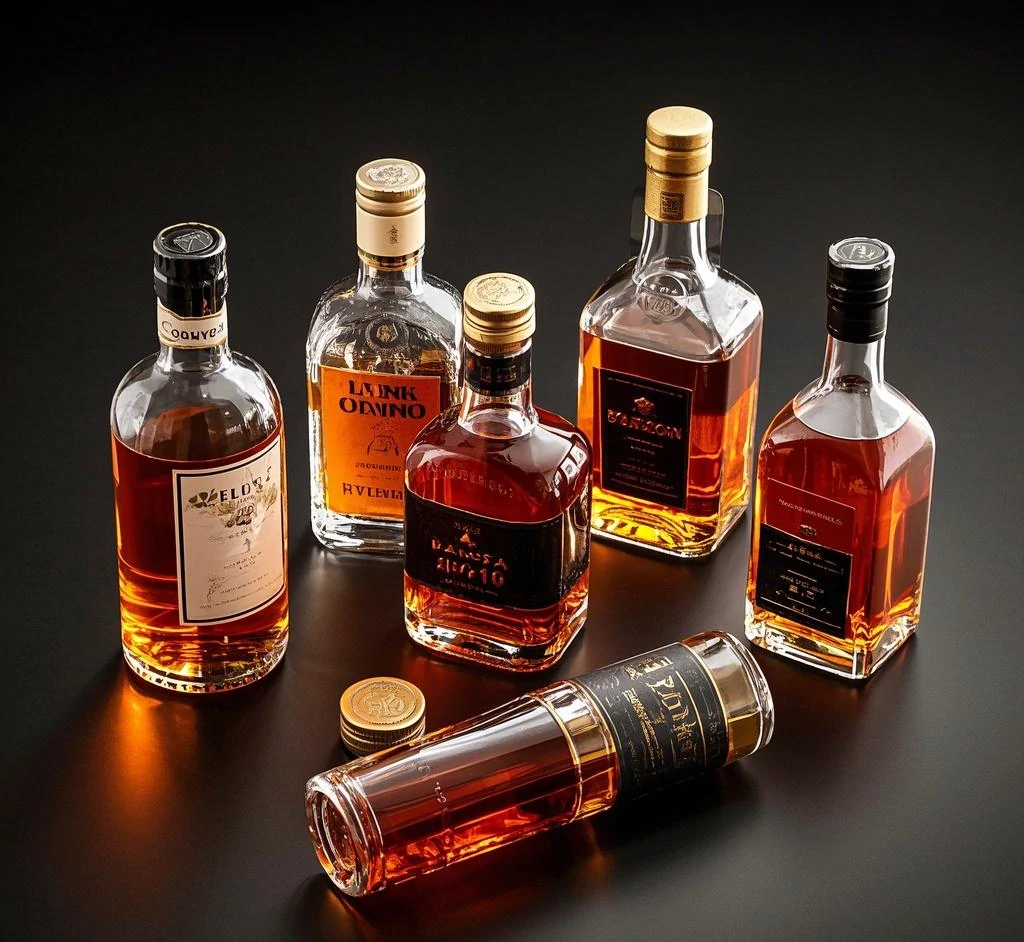
2. Negotiating Bulk Discounts of Wholesale Liquor Bottle
One of the most effective ways to save money on Wholesale Liquor Bottle is to negotiate bulk discounts. Liquor suppliers often offer lower prices for larger orders, which means that buying in bulk can lead to significant savings. To negotiate the best deals, consider the following tips:
- Plan Your Orders in Advance: By forecasting your liquor needs, you can purchase in bulk before running low on stock. This strategy allows you to leverage discounts on larger orders.
- Leverage Long-Term Relationships: If you’ve been working with a supplier for a long time, use this relationship to your advantage. Loyal customers are often granted better pricing and more favorable terms.
- Request Custom Quotes: Don’t settle for the price listed on the website or catalog. Reach out to your supplier and request a custom quote based on your specific order volume. Many suppliers are willing to adjust prices depending on the quantity you’re purchasing.
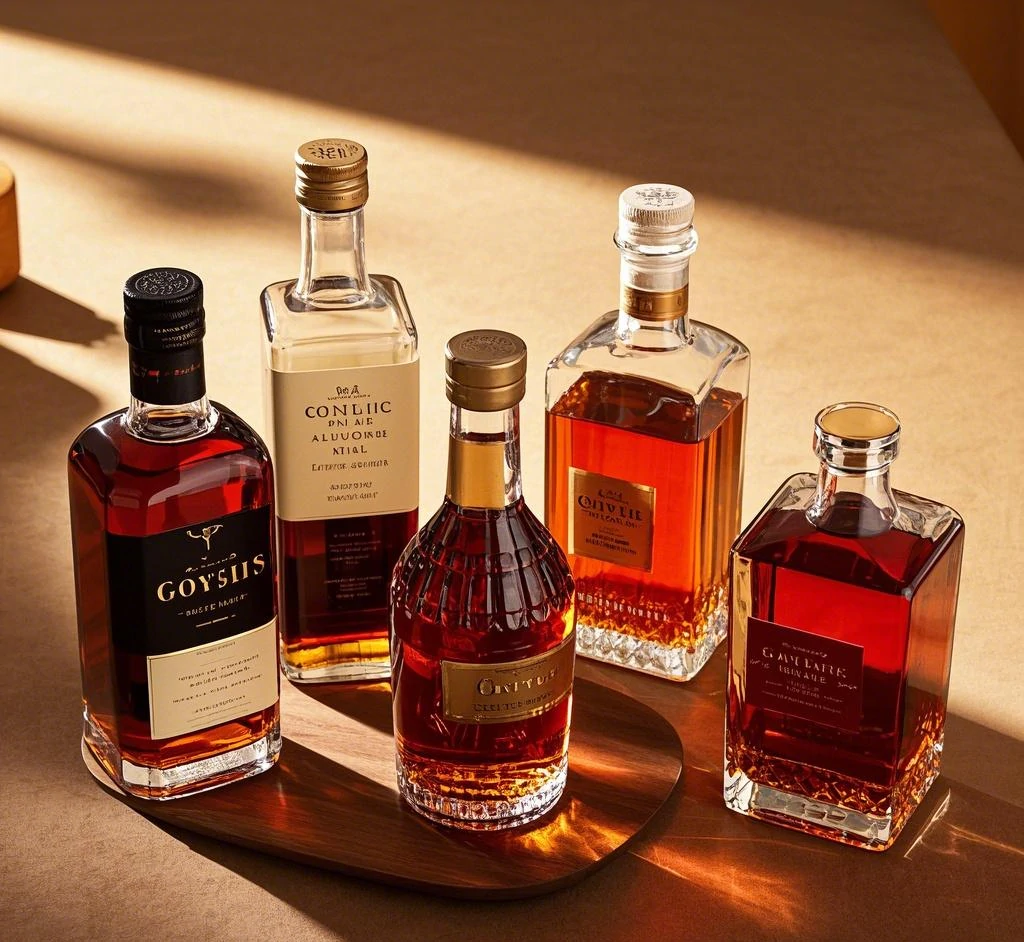
3. Researching Multiple Suppliers
While having a trusted supplier is important, it’s also wise to shop around and compare prices from multiple sources. Prices can vary significantly from one supplier to another, and by doing your research, you can find the most cost-effective option. Here’s how to get the best deal:
- Request Quotes from Different Suppliers: When you know your order size, reach out to several wholesalers for price quotes. Having a variety of options allows you to make a more informed decision.
- Consider Local vs. National Suppliers: Local suppliers may offer competitive pricing due to lower shipping costs, but national wholesalers often provide better volume discounts. Weigh the pros and cons to determine which is the best fit for your business.
- Use Online Platforms: Online B2B platforms can help you find various suppliers quickly and efficiently. These platforms often list multiple suppliers, allowing you to compare prices and terms with ease.
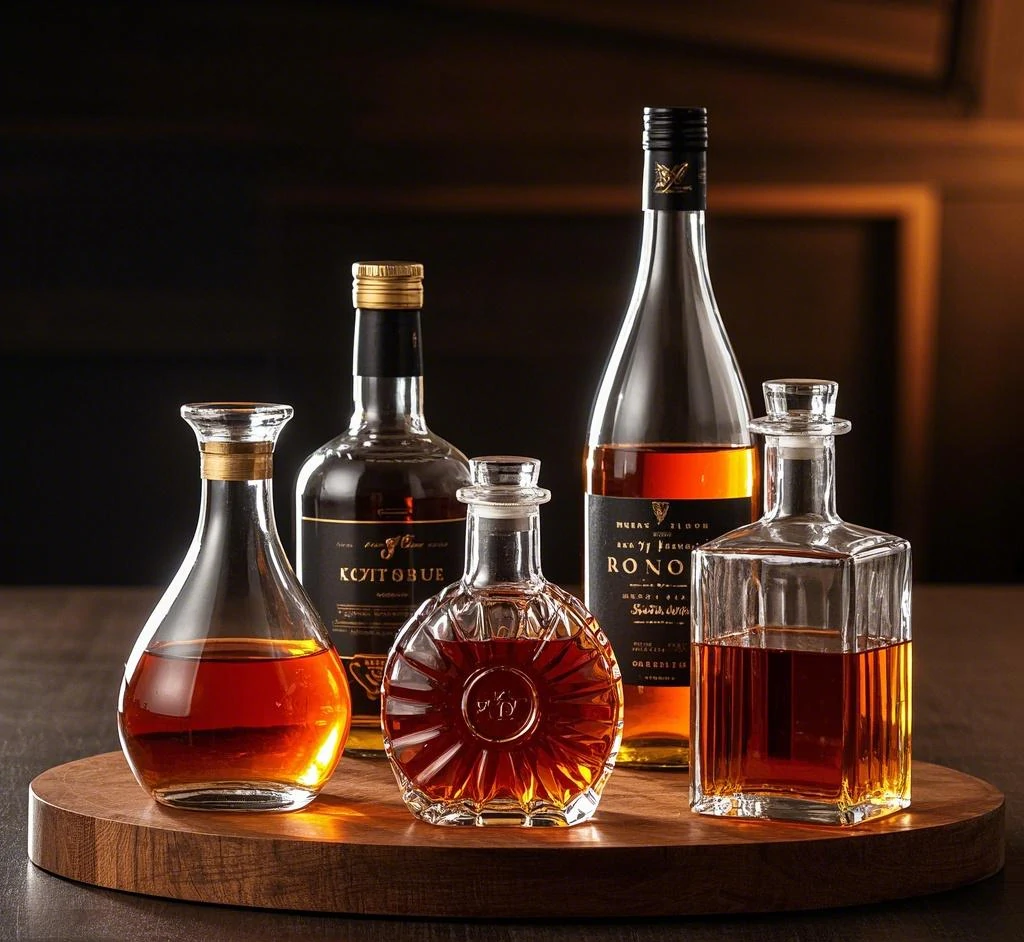
4. Focusing on Fast-Moving Products
Not all Wholesale Liquor Bottle are created equal, and some types of liquor sell faster than others. To minimize excess inventory and avoid tying up cash in slow-moving products, focus on fast-moving, high-demand items. These tend to be the most cost-effective purchases because they move off the shelves quickly, and you’re less likely to end up with unsold stock.
- Know Your Customer Base: Understand the preferences of your target audience. If your customers consistently purchase a particular brand or type of liquor, focus on those products to maximize sales.
- Track Sales Trends: Use sales data to identify which products sell well during certain seasons or times of the year. By knowing your sales trends, you can plan your wholesale purchases accordingly.
- Avoid Overstocking Niche Products: While niche products may be tempting to purchase in bulk due to attractive pricing, they often take longer to sell. Be cautious when ordering these items to avoid unnecessary costs.
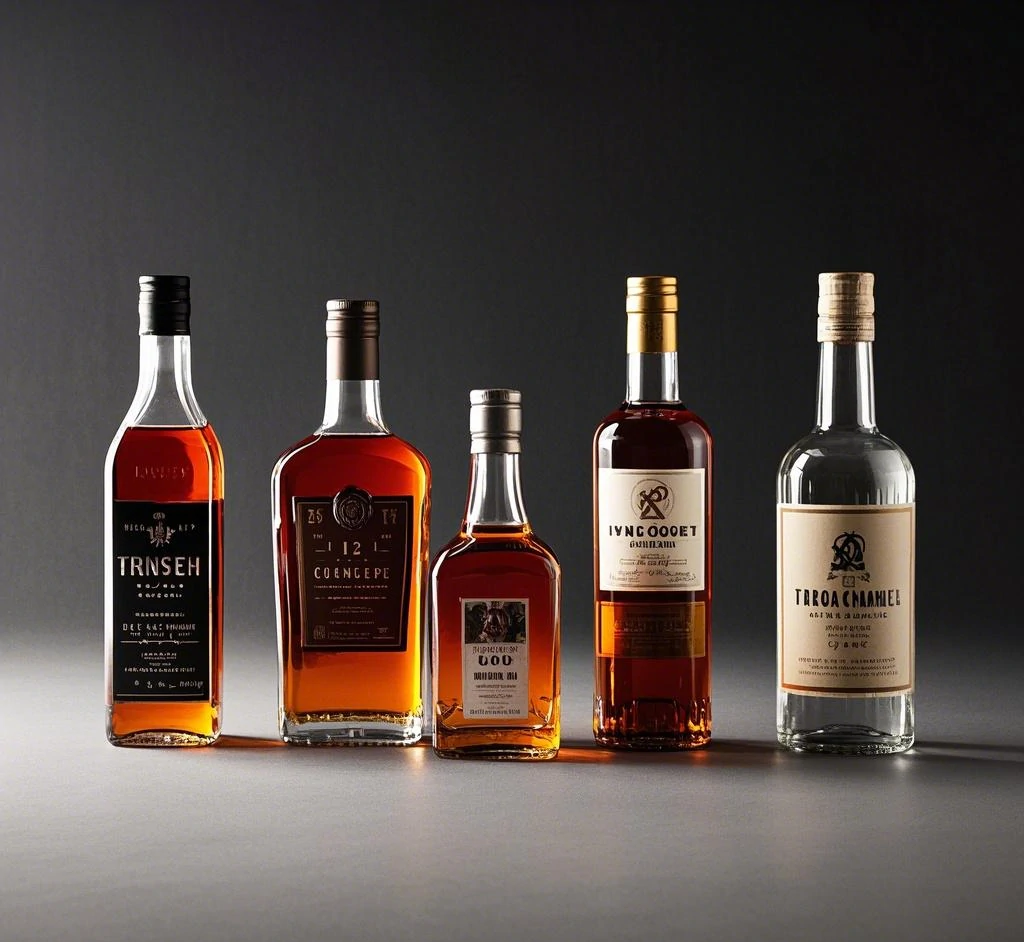
5. Taking Advantage of Seasonal Discounts and Promotions
Like many other industries, the liquor market experiences fluctuations in pricing due to seasonal demand. Suppliers may offer discounts or promotions at certain times of the year to help clear out inventory. This presents an excellent opportunity for businesses to save on their liquor procurement. Here’s how to make the most of these offers:
- Keep an Eye on Holiday Promotions: Major holidays, such as Christmas, New Year’s, and Thanksgiving, are often times when liquor suppliers offer significant discounts. Plan ahead and make bulk purchases during these times to take advantage of lower prices.
- Look for End-of-Season Sales: Many wholesalers will offer discounts to clear out excess inventory at the end of the season. This is a great time to purchase popular items at a reduced price, especially if you’re looking to stock up for the next season.
- Sign Up for Newsletters: Many liquor suppliers send out newsletters with information about upcoming sales and discounts. Sign up for these communications to stay informed about special deals that can save you money.
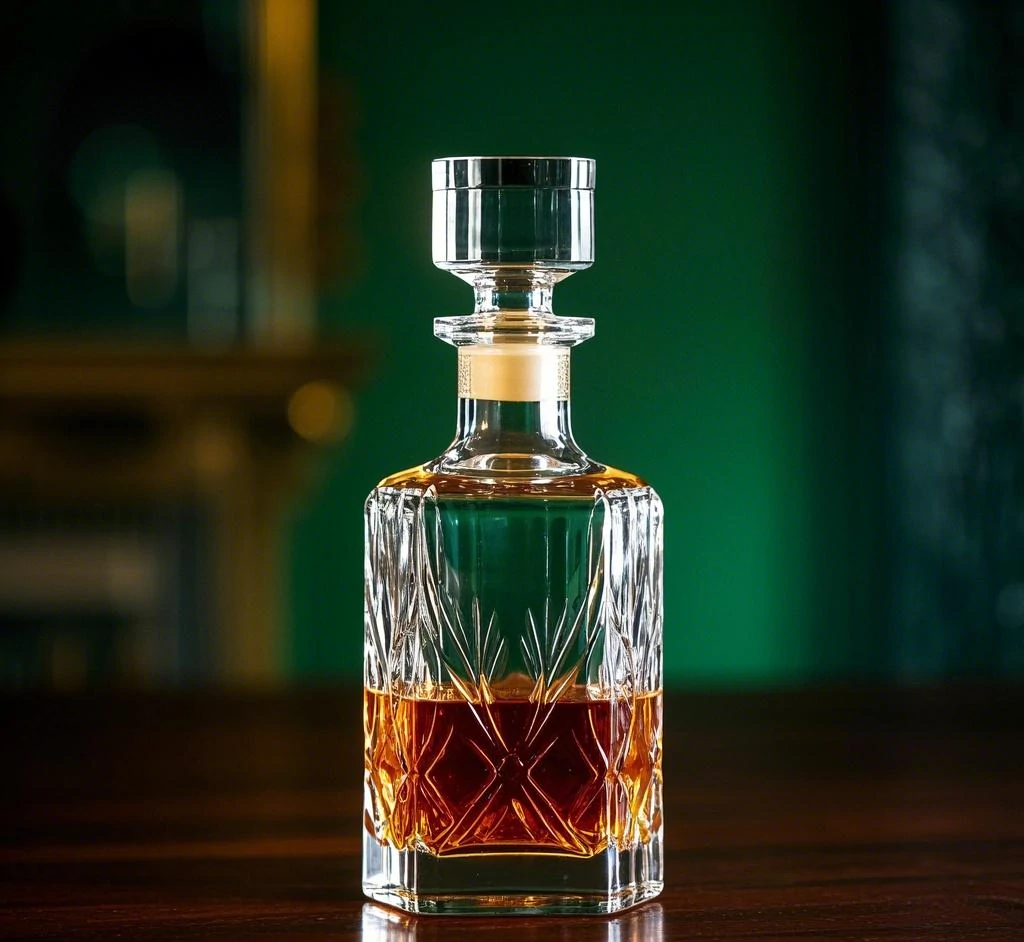
6. Considering Private Label Options of Wholesale Liquor Bottle
Another cost-saving strategy in wholesale liquor procurement is opting for private label or store-brand liquor. Many wholesalers offer their own branded liquor at a significantly lower price than premium brands. While the quality may vary, private-label options can still provide a profitable alternative for businesses looking to cut costs.
- Evaluate Quality vs. Price: When considering private-label options, make sure to assess the quality of the liquor. If the quality meets your standards, this can be a great way to save on procurement costs.
- Branding Potential: In some cases, private-label liquor can be marketed as a unique offering, which may give your business a competitive edge.
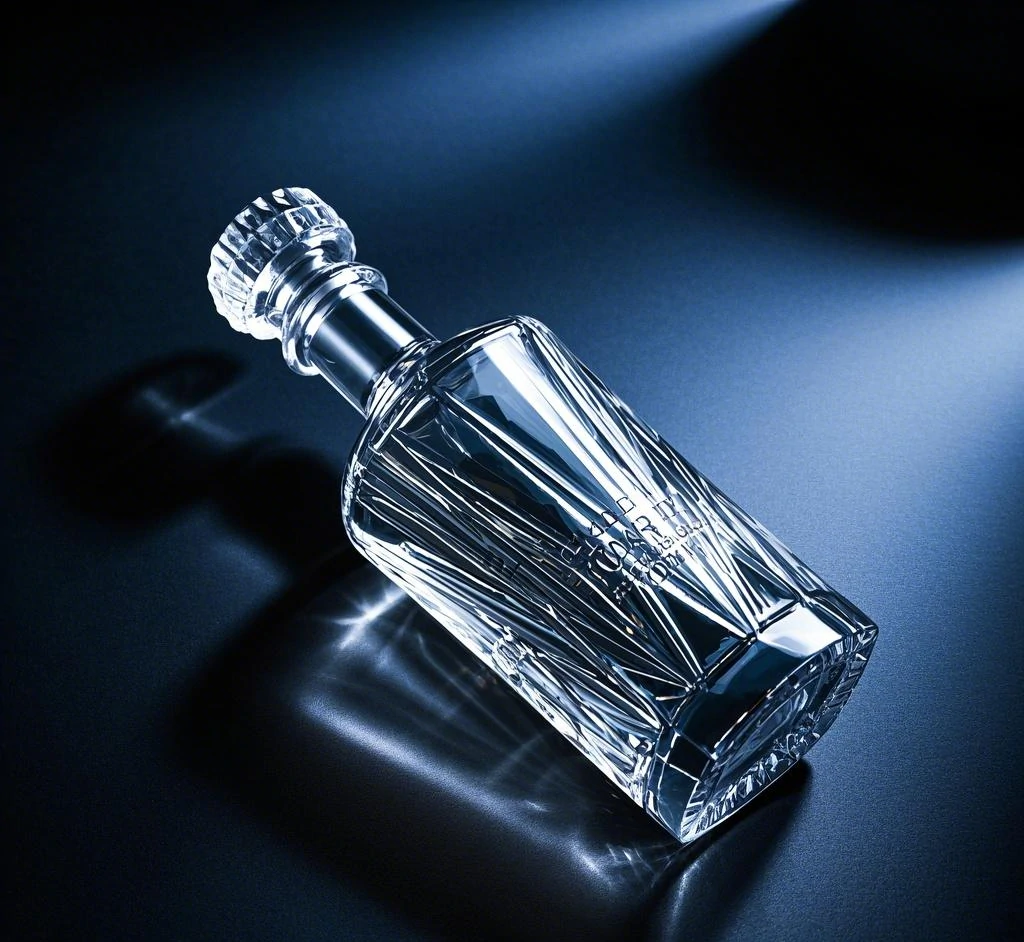
7. Managing Inventory Effectively
Lastly, an often-overlooked way to save on procurement costs is through effective inventory management. Poor inventory management can lead to overordering, spoilage, or stockouts. By optimizing your inventory system, you can avoid these issues and save on unnecessary procurement costs.
- Use Inventory Management Software: Implementing software that tracks stock levels, sales, and order trends can help you maintain the right balance of inventory and avoid over-purchasing.
- Regular Stock Audits: Periodically conducting stock audits ensures that your inventory is aligned with actual demand, helping to prevent unnecessary purchases.
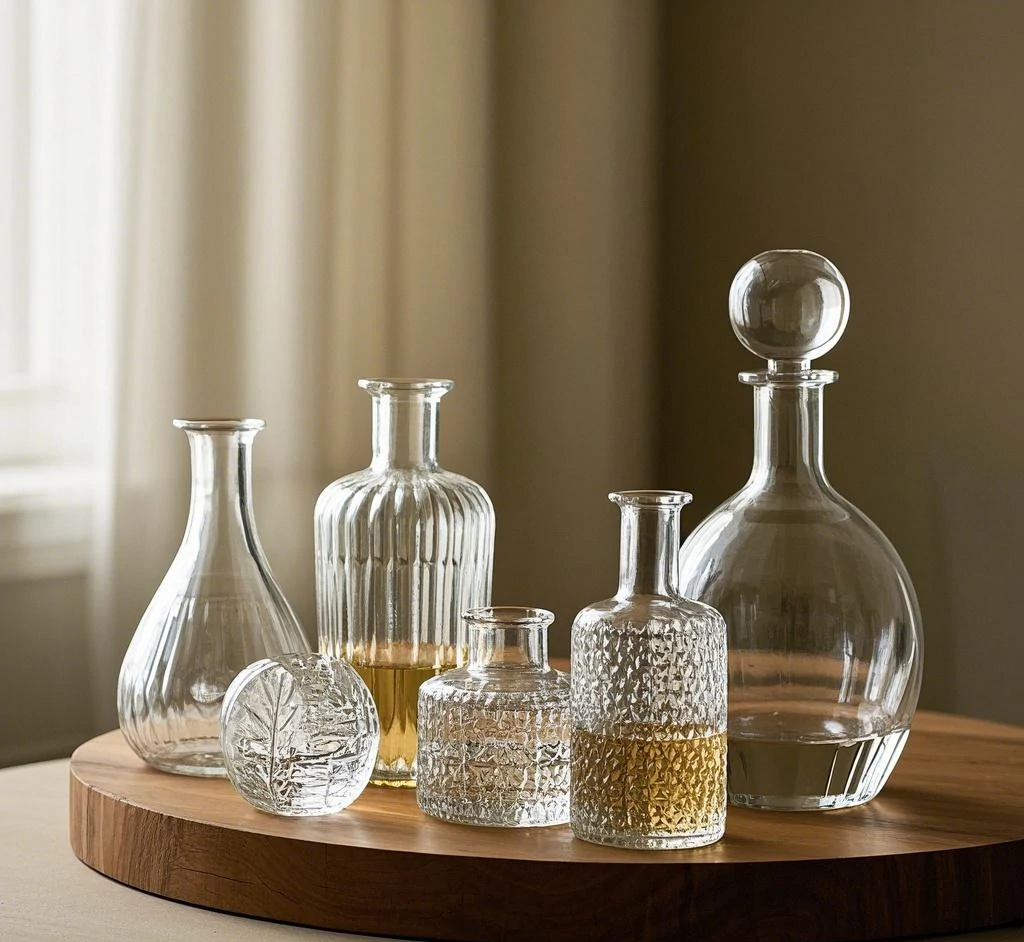
Conclusion
Wholesale Liquor Bottle procurement is an essential aspect of managing a liquor-based business, and employing the right strategies can help you save a significant amount of money. By negotiating bulk discounts, researching multiple suppliers, focusing on fast-moving products, leveraging seasonal discounts, considering private-label options, and managing inventory effectively, you can reduce procurement costs while ensuring your business remains stocked with high-quality liquor.
By following these best practices, you’ll not only streamline your procurement process but also maximize profitability in the competitive liquor market.

